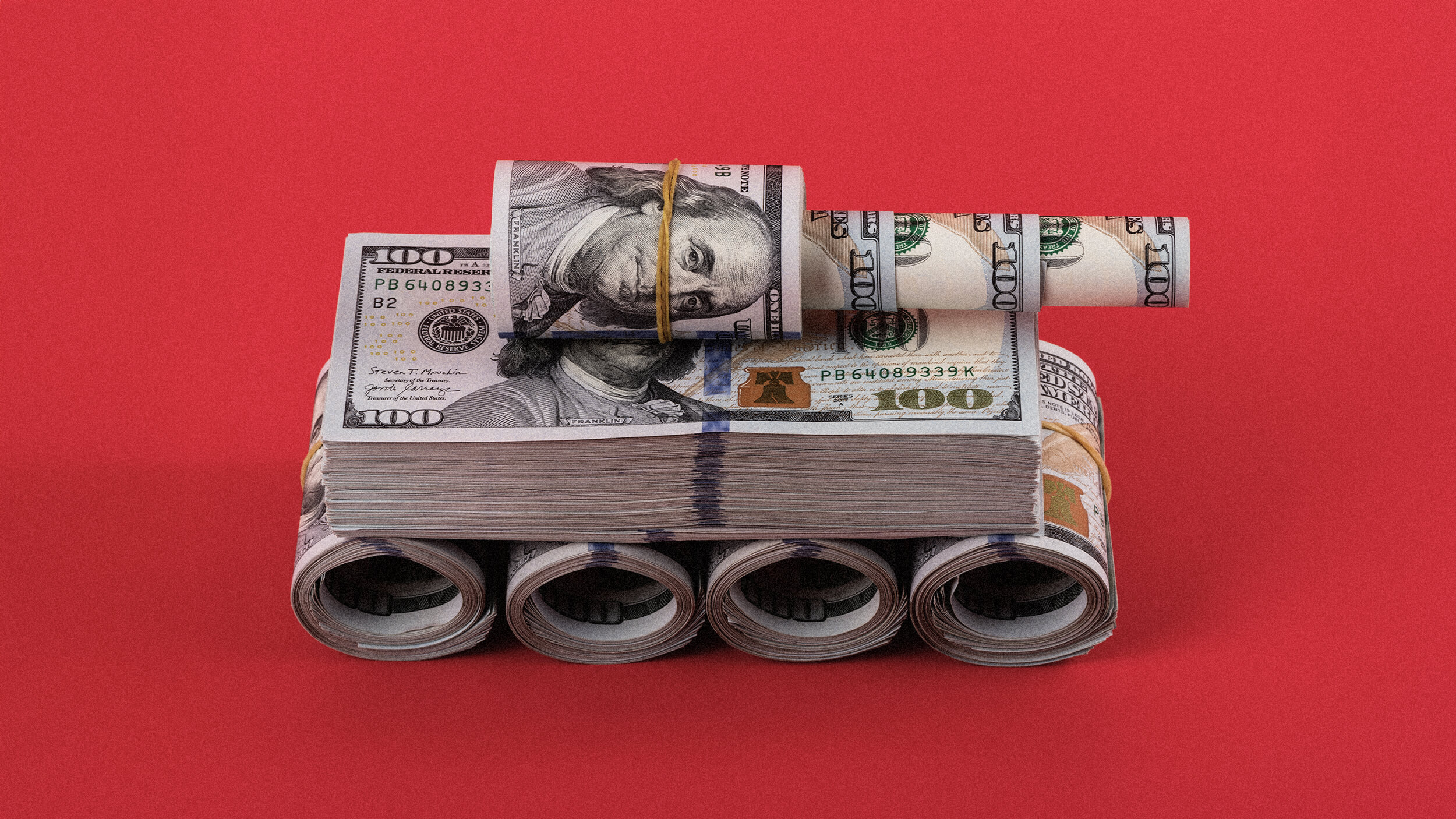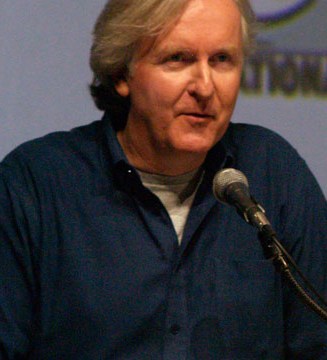What Went Wrong? The Academy on the Crisis

This week’s interviews for What Went Wrong? offers a glimpse into the world of the academy, and its culpability in causing the economic crisis of 2008. We sat down with Columbia Business School dean Glenn Hubbard, as well as Harvard Business School professor Bill George, who also sits on the boards of Goldman Sachs and Exxon. When posed the question (among others), “Are business schools to blame for the financial crisis?” Hubbard and George had some provocative things to say.
Glenn Hubbard believes business schools played a role in shaping the financial meltdown, but he sees it less as a problem of arrogance and lack of integrity, and more a problem of a not enough historical and global context. Bill George is stronger in his critique of business school and even brings up the proposal for a Hippocratic oath for MBA students:
“I think there was too much focus on finance and the financial community and too many people are looking at what their short term compensation was from private equity and hedge funds and all headed that way. A group of my students last May (and these were what are called George Leadership Fellows at Harvard Business School in Kennedy School) created this MBA oath that you’re alluding to that’s very parallel to what you have, the Hippocratic Oath in medicine. One of my sons is a doctor who took that oath that lawyers take as part of their admission to the Bar. Gosh, I think it’s totally appropriate to put integrity ahead of all else and I think we lost sight of that. Now there is even some controversy still at the business school among the student body about this, but I do think corporations are chartered by society and society can lift that charter or change it and if business is not recognized in we’re doing good for society.”
Hubbard also talks about how it wouldn’t be wise to reinstate Glass-Steagall, especially since many of the rescues came about by bringing together banking and non-banking institutions. Hubbard also explains his concern about the politicization of the Fed. To him, the Fed should stick to monetary policy and that’s it. Bill George reflects on the changing landscape of Wall Street bonuses in the wake of the economic crisis—and why government intervention is actually more harm than help.





